Heidi: Have you ever been hired for strictly illustration?
Frank: No. I’ve been hired to journal and collage, but I’ve never been hired to draw or illustrate something.
If you were offered an illustration project would you take it?
I don’t know. That’s a good question. I think I’d become Beckett at that point. I’d be Beckett and go like, “Eh, no, that’s not me.” Which is what he says.
Since I’m not a skilled illustrator, I’d probably overthink it. But at the same point I might actually embrace it and dive into it and see what’s there. My ability to shoot faces and form is pretty much “this is what it is.” I follow a lot of illustrators that I think are amazing, and I’m a huge Ralph Steadman fan.
Do you find collage or design easier?
Years ago, Drew Hodges, who used to have a company that did all of the Broadway advertising hired me for the Diary of Anne Frank. He wanted the advertising to be a visual diary using pictures of Natalie Portman as Anne Frank. I laughed because at the time I was a 40-year-old man and he wanted me to design a page like a young teenage girl. My handwriting isn’t the same. There’s nothing even close, though I can put the pictures together.
We agreed on doing two rounds and at the end of two rounds if they didn’t get it then that’s the time for me to walk away. We went through two rounds and sure enough they kept on… the powers that be were all freaked out, didn’t know what to do with it. They ended up using it just in a different context.
I’d done a couple of journal pieces for magazines but I started putting a disclaimer saying, “If you ask me to do this and you want to use the piece you have to use it as a whole, you can’t crop it. You can’t cherry pick out of what I’ve done because, to me, when I do every single edge of the page it’s connected by what’s happening on the page. If you don’t have the whole thing it doesn’t make any sense
How did you establish your own voice while assisting?
I look at the people that I worked for, and consciously didn’t work for portrait photographers for that very reason. I worked for interior photographers.
When Beckett talks to you, do you feel like he’s asking you questions as his dad or he’s asking a photographer?
That’s a good question. I don’t know. He so rarely wants to talk about photography.
How do you answer them? That’s probably the better question. Do you answer like a dad or do you answer like a photographer?
I answer as a photographer. I’ve taught enough that when people ask me questions and I realize what they’re asking me I make sure that I’m answering them honestly.
And how much of yourself do you see in him as far as being an artist?
Well, I think it’s funny, at 18, which is where he is right now, he is definitely very similar who I was at 18
Who were you at 18?
I knew I could take pictures, I liked taking pictures, I wasn’t committed to it, I didn’t do it 24 hours a day.
I grew up in a household where we’d do summerstock every summer with my mom because it was all about theatre and I’d take pictures. That made sense to me. It was my one thing but didn’t ever see it as an actual thing I could do professionally. I didn’t understand that. So Beckett is surrounded by a mother being a painter and father being a photographer. He’s surrounded by that. He see’s it can be a profession, it’s a lifestyle one can have. They have a nice home. They’re able to feed us. We live a good life, considering. I see him being kind of a bit irreverent to the process and not really a 100% committed, and a little scattered.
When did it become more focused for you?
I would say it happened when I was in my– I think in my end of my second year in college when we started taking studio classes. I started going in to make sure I could do the studio stuff.
The work on your site now is varied, is that a good approach?
My website is an example of both a good and a bad thing.
I often get notes from industry people and enthusiasts, “I just spent hours looking at your website. It was just so enjoyable.” It’s so all over the place that if someone in advertising is going to hire me, it’s a tremendously hard sell because somebody’s who is not creative and who’s not visual, looks at a site like this and says, “I don’t know what they do. They’re all over the place. What is their style? What are we going to get if we hire this person?”
Isn’t the work Carol curates for you on EyeForward much more of a narrowed edit?
Probably so but not because people like everything. If you look at my website, I give people options of what they want to look at and I try to gear that towards let’s dumb this down. But at the same point, I think it’s interesting to see who you have to go talk to about getting a job nowadays and I think it even goes to the point of photography.
Tell us how things have changed.
You look at photography now, and most photographers, which I kind of make a joke about. Jeff Dunas does this photographers breakfast once a year and it’s about 25 of us. We get together and sit around this table having breakfast at the Beverly Hills Tennis Club and discuss life. We discuss what happened in the last year and we’ll tell stories to each other. Everyone from Douglas Kirkland to Gerhard Ludwig attends, it’s a wide variety of photographers, Claxton and Marshall and Herman Leonard.
We sit around and talk as if we are all on the same page and one of the younger guys was talking about something and an older photographers looked at him and said, “Have you ever shot chrome?” and the kid looked at him, ” I don’t know what you’re talking about.” He goes, “Like chrome. Like fly zone.” He goes, “Oh, well no. I haven’t.” He says, “Try it. Go do that one time. Go see what it’s like “THAT will teach you how to be a photographer.”
Shooting chrome film makes you really have to focus while digital has made it so much easier to fix mistakes so quickly. You see immediately that you don’t have the right exposure. You see what’s working and what’s not working. Where when I was a kid I had to shoot chrome. We’d shoot a polaroid and if something changed in the middle of it all, well it is what it is, and you had to be within a half stop of a decent exposure or the whole thing would go south and you’d be overexposed, or the color temperature was wrong, or the light was going off too much, or a good blend of shadow wasn’t there. It’s very similar in the sense of the people you might work for nowadays. Their education might not be in the creative industry. There’s more of a business aspect of it.
Switching gears a bit, did you know that David Bowie wasn’t well?
No. No, I didn’t.
I worked with him kind of on and off over the years. We did 16 shoots with David over a nine-year period. And toward the end that time he said, “We must have done enough for a book.” I laughed and I said, “Well, I don’t know.” that’s when I put stuff together to show him.
He and I sat and looked at it once and then I didn’t see him for a bit. Later he had that episode which happened in Europe where he was sick — then from there, it got quiet. He said to me when I saw him last he wanted to do, we needed to do one more shoot.
I was going back and forth from New York and I really wanted David to sit down with me and discuss each shoot because that, to me, would be an interesting book. Why’d you pick this kid, me, to go to? To constantly call and say, “Hey, I need pictures for this and pictures for that.” He could’ve asked anybody. But he asked me and it’s always been so baffling. I never was able to ask him that question “What did you see? You’re David Bowie. You could’ve asked anybody in to basically take your money and take pictures.” In my understanding of our collaborations, I think he asked me because I never wasted his time. I always tried to do something different each time and he appreciated that.
I’m sure he probably just didn’t want anybody to see him that way. When you found out that he had passed away, how did you feel?
Well, it was weird because it was in the middle of the night in Los Angeles when they announced it. And my phone started beeping which was in the other room and it wouldn’t just stop beeping. What’s going on?” It was all these people calling me, asking me, “Did you know David died?” Then people asking for pictures of David, obviously. And I was just kind of stunned and I kind of got back into bed. And I kind of woke up Diane and I said, “David’s dead.” David died.
I laid there very quietly thinking about it. And I’m not being surprised. I don’t know why I wasn’t surprised and then oddly enough, two weeks later, I’m in London and there was 10 times more news than in the United States. It was all over the press. It was on every magazine cover magazine, every newspaper every day was– the conversation about David all over the television.
There’s an amazing exhibition, ‘David Bowie Is’, that’s been roaming around, prior to his death even. It’ll be interesting to see how I feel walking through it now, you know?
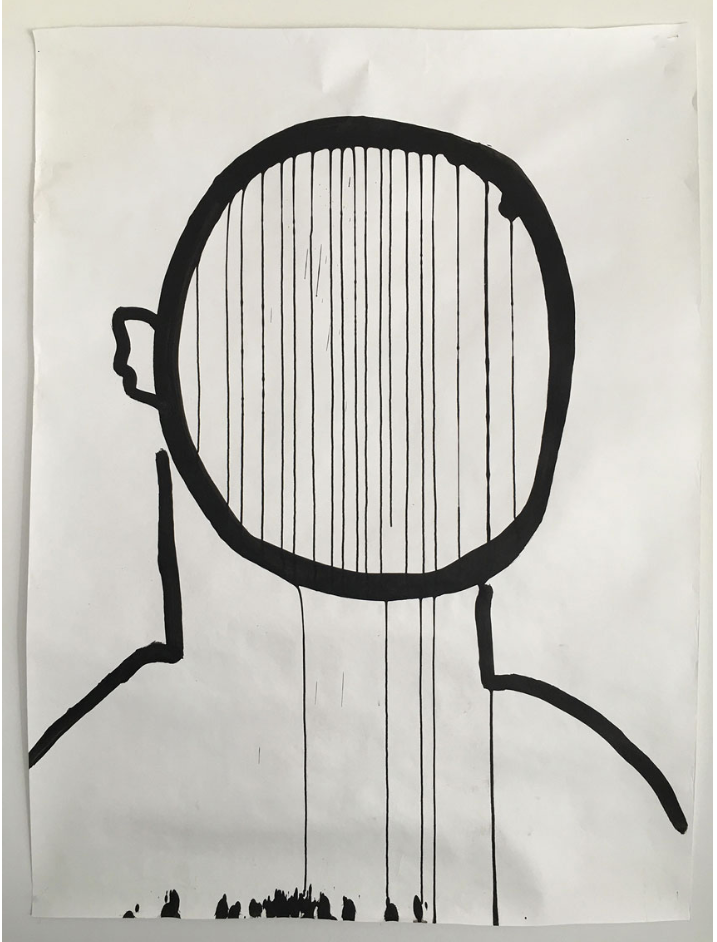

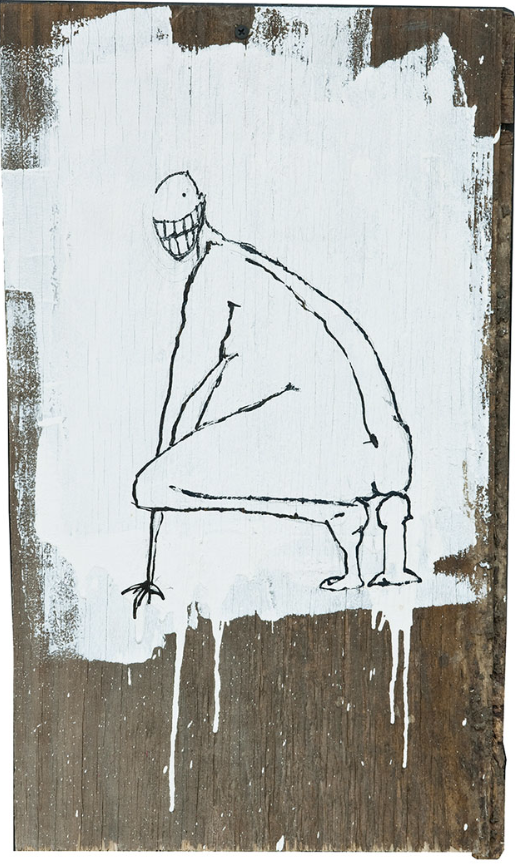
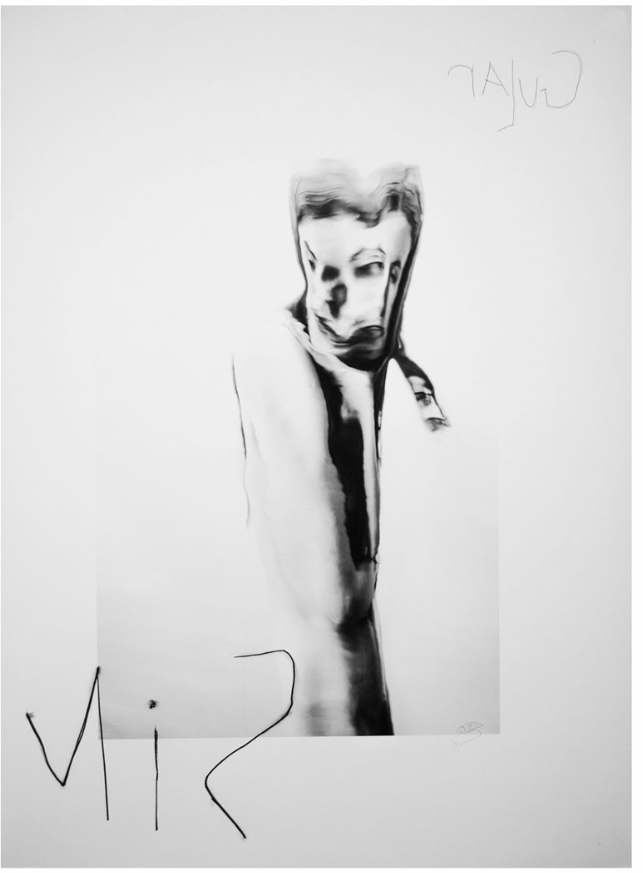

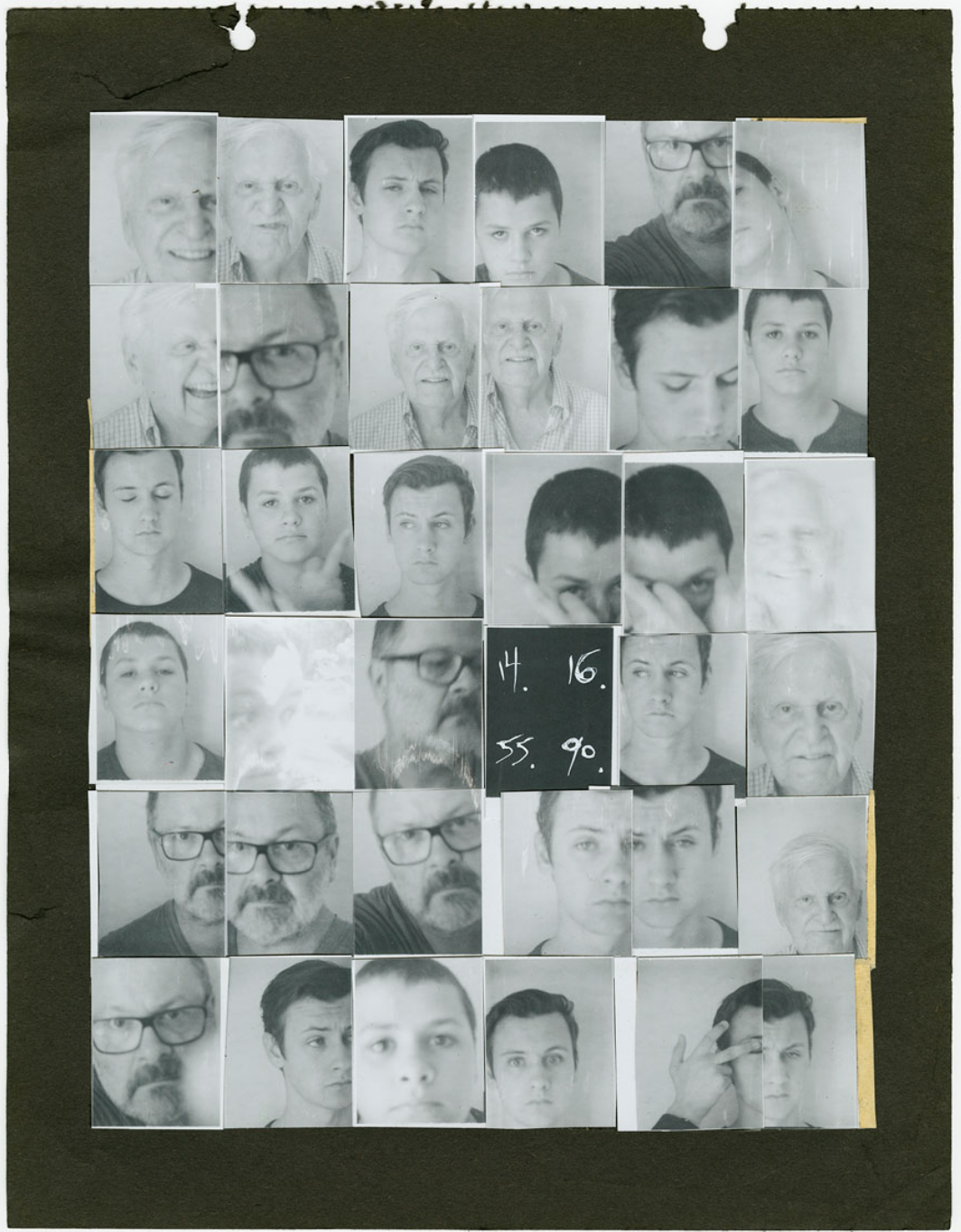
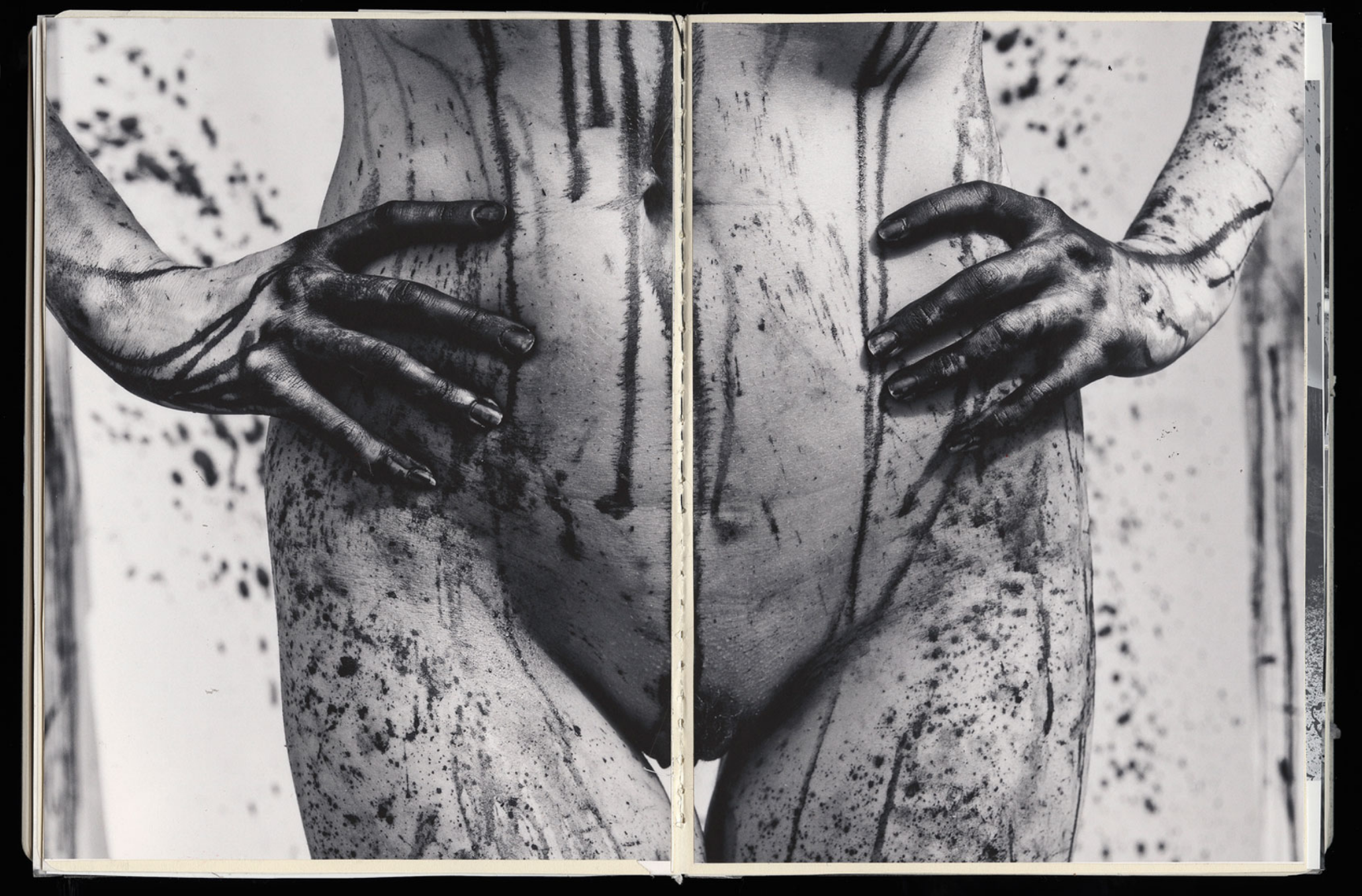
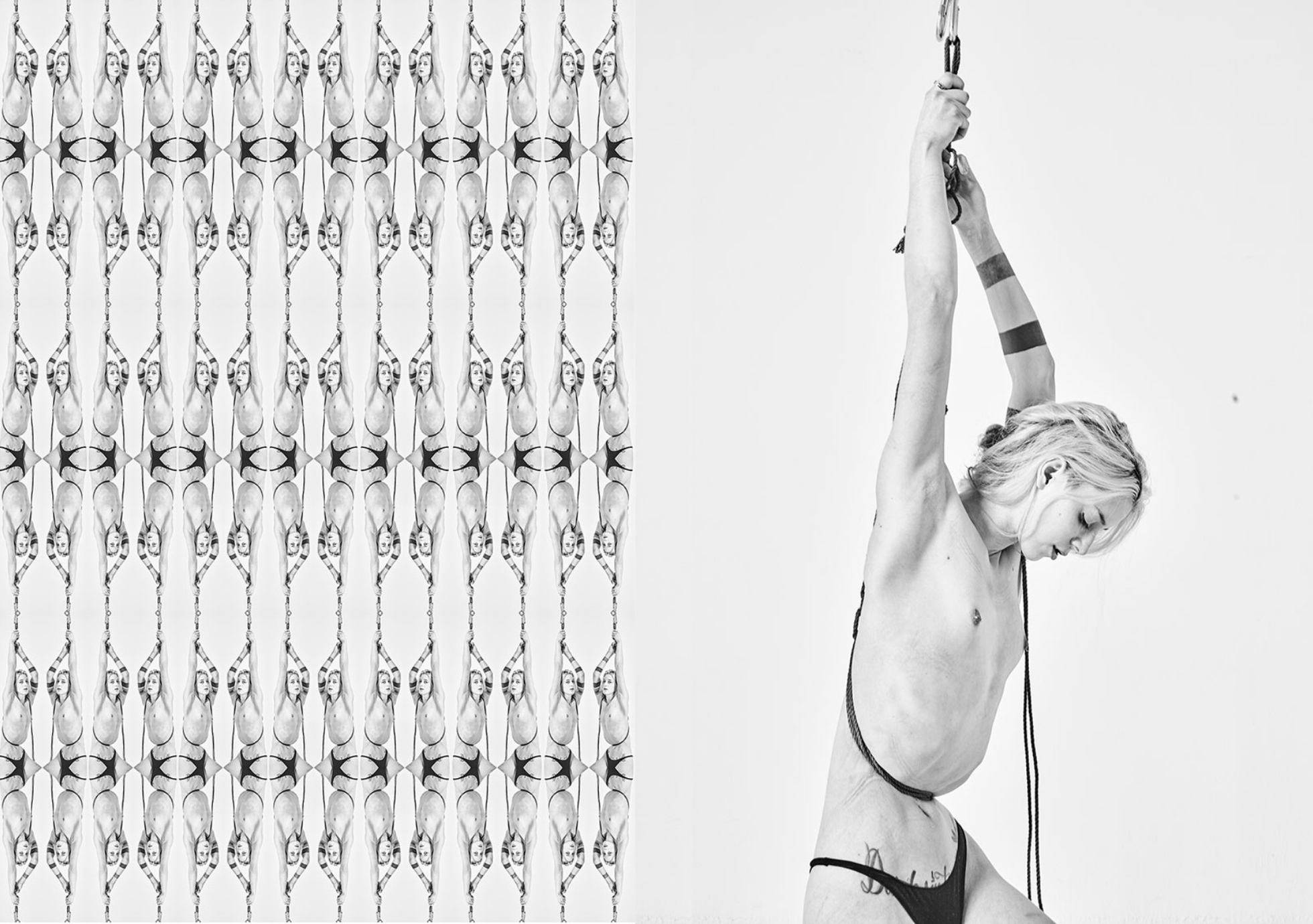
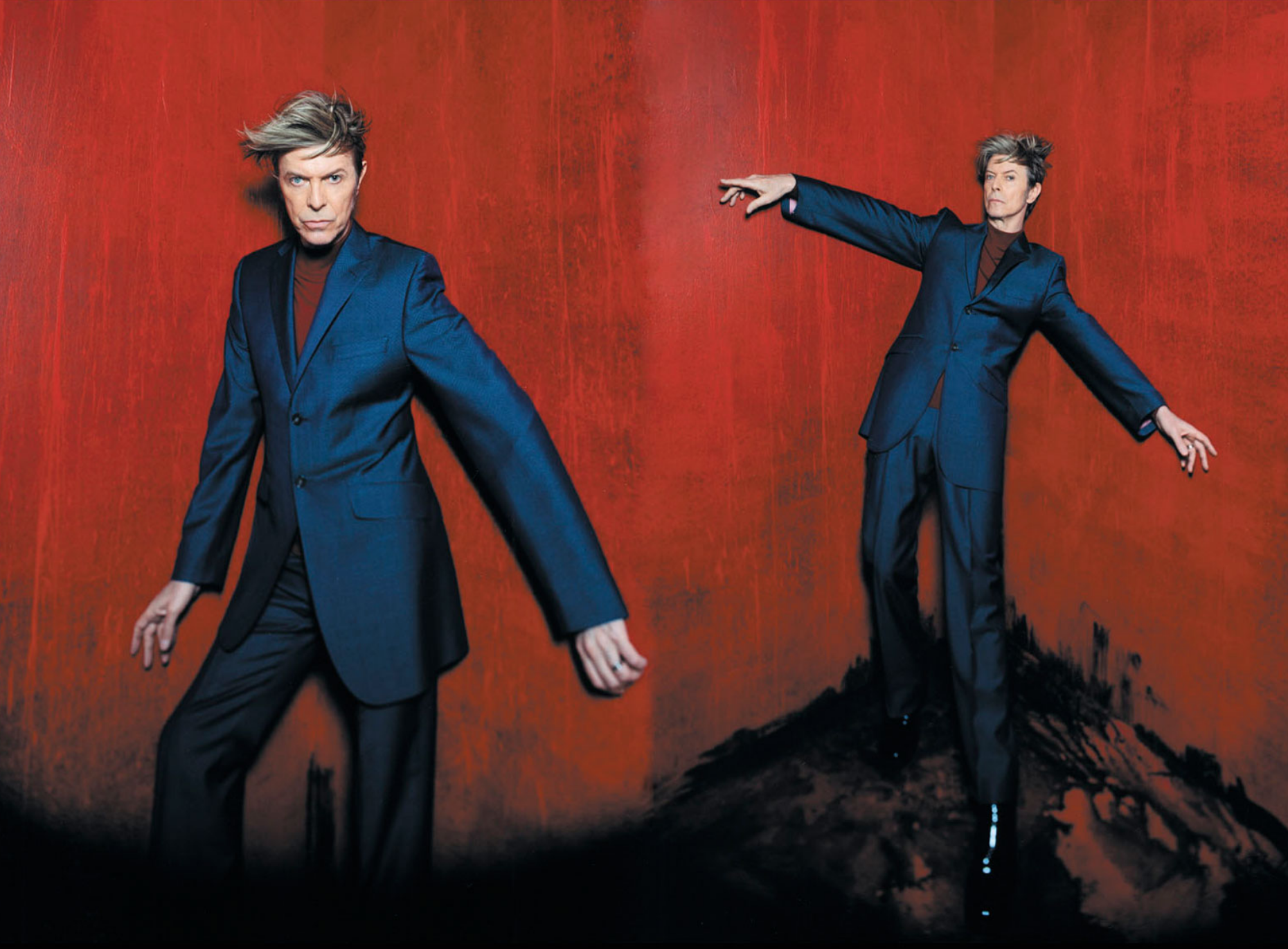
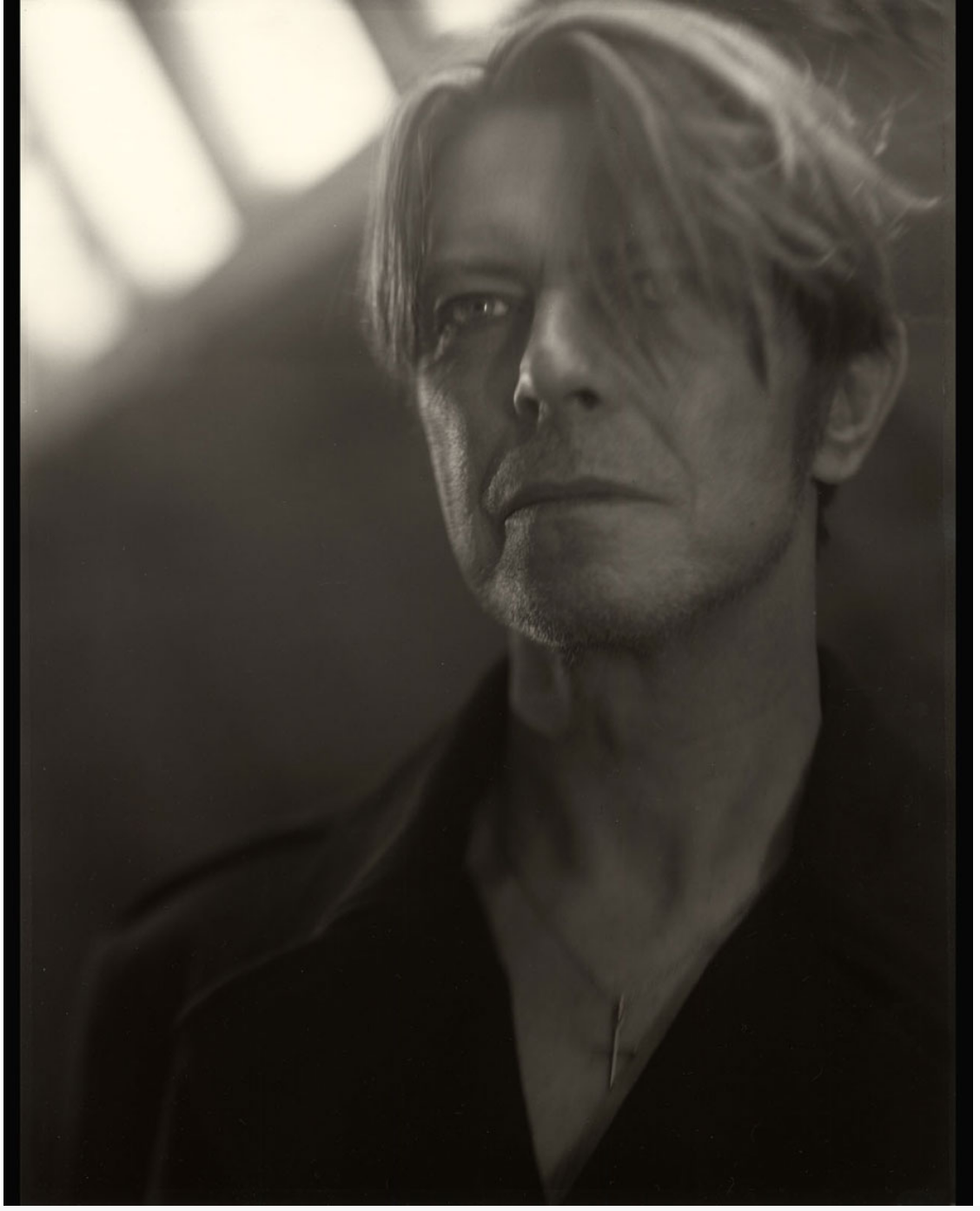
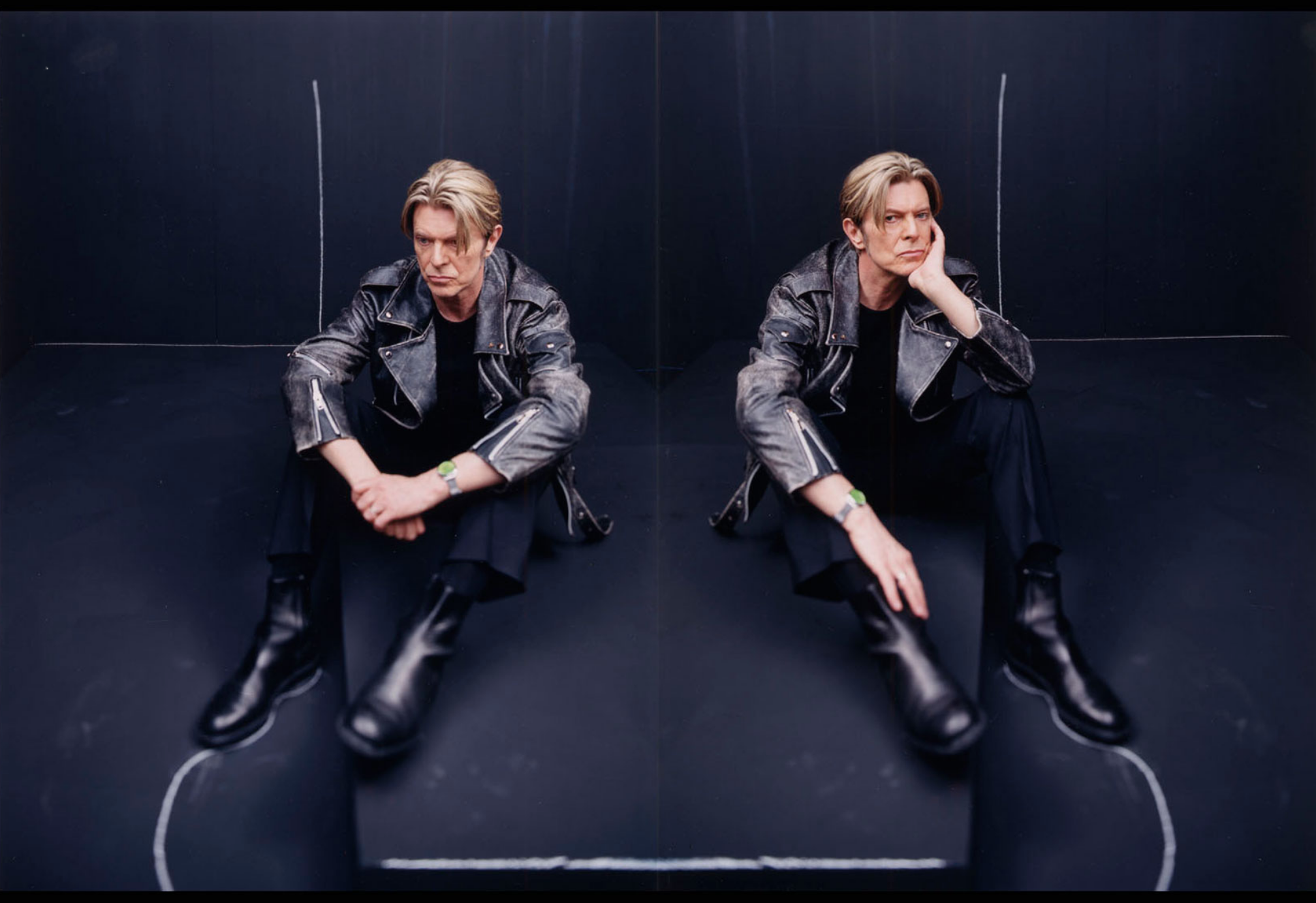
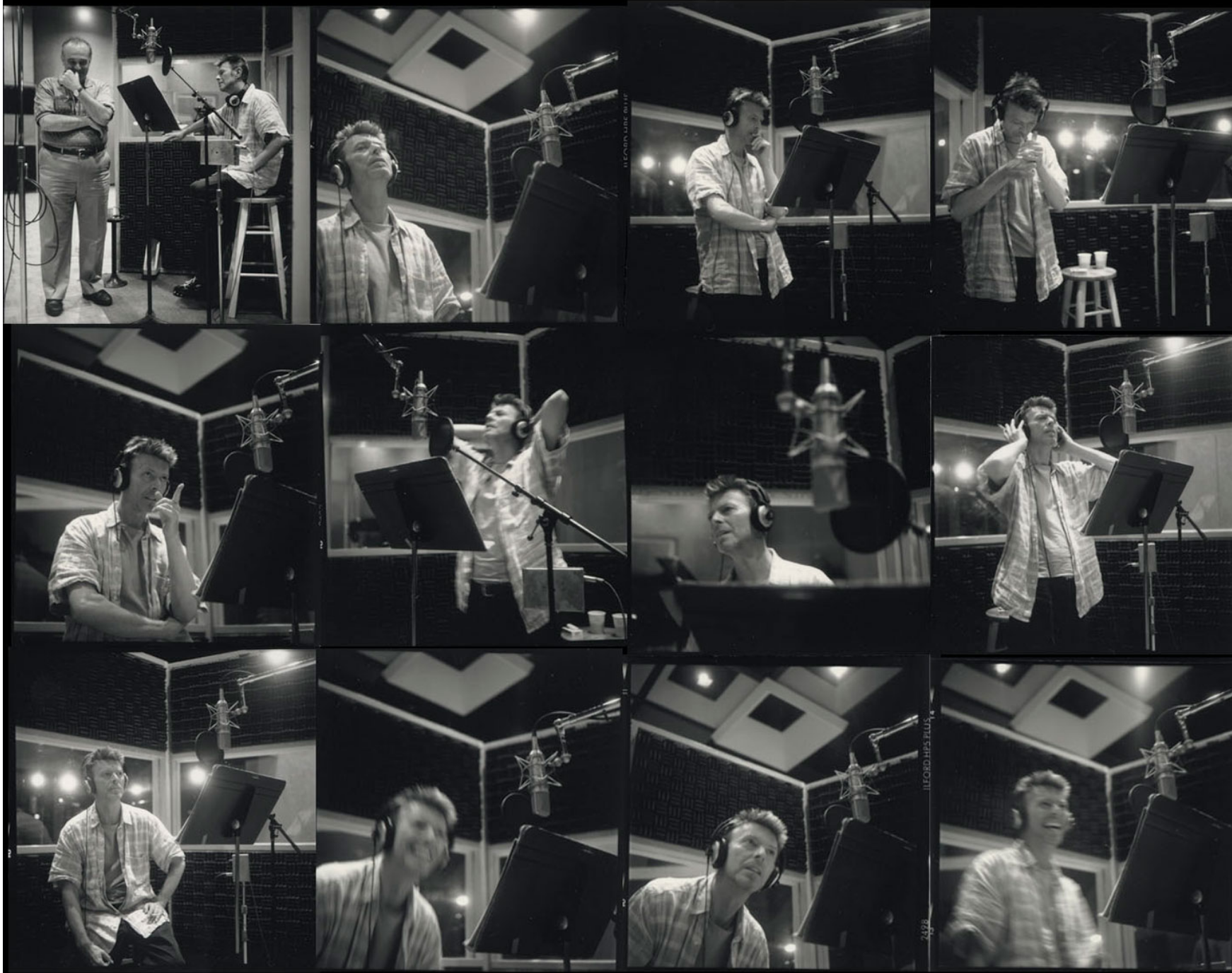
1 Comment
I knew FWO from his Breaking Bad promo shoots, even when I hadn’t watched Breaking Bad yet (I was waiting for the season finale’s dust to lower to then engage a marathon)… I reminded to feel a connection to him and his work because I really like that commercial-cinematic look and the brazilian market made me somehow be a generalist. And he is pretty experimental. I often look at my photos — and my website, how I present my work to get hired — and think about this: what do I shoot? Who am I as a photographer? And try to think about the client’s perspective.
I don’t know if I was aware of his Bowie portraits at the time I met his work, but reading about that bunch of photoshoots makes me think they had a connection because Bowie was pretty experimental and creative as well.
Good read, Heidi, your interviews aggregate a lot to my career…
Comments are closed for this article!